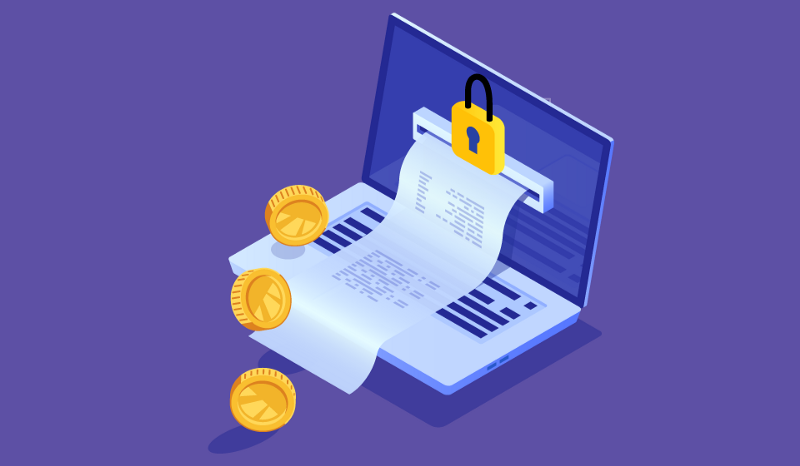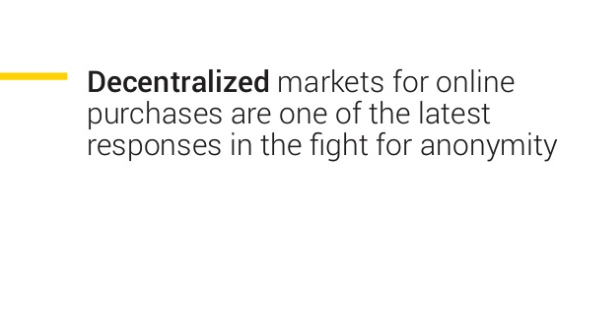
Has your private information ever been sold or shared?
During the time that purchasing things online was a new concept people had concerns about sending our private information through the internet. It was unfamiliar and as humans we were worried about what the risks could be, but making purchases from home was way too convenient not to try. As we became familiarized with making online purchases we became comfortable with supplying our names, phone numbers, and payment information.
We’ve seen numerous examples of what can go wrong when we trust third parties with our private data, as it inevitably gets centralized. Keeping information centralized often leaves the possibility of theft. It’s common to hear about credit card theft even when cards are never physically stolen. New forms of fraud have developed like account take overs (ATO), which are affecting millions of peoples lives. Then there are massive hacks that leave many people vulnerable to attack, for instance the credit card leak with Target. Information leaks can also cause smaller more frequent inconveniences that we deal with like spam phone calls or emails
Overly lengthy terms of service agreements are often required during the setup of online accounts or an online purchasing process, and we tend not to think about what’s inside these documents. These multi page agreements often outline how your information will be used, shared, and in some cases sold.
Driven by profit motive, businesses have created side revenue channels with users data. Even when intentions aren’t bad, our information has beencentralized within private servers exposing us to serious risks. Often times our purchasing histories are recorded for marketing purposes, creating ad placement and other privacy related concerns. Companies and governments are increasingly benefiting from tracking how people spend their money.
Marketplace options to retain data ownership

Third party services have entered the market to anonymize purchases with virtual credit cards. A huge fault with these providers is that signing up for their service requires using at least your credit or debit card, which still centralizes everyone’s information in the company’s servers. Oftentimes services like these have spending limits that damper their usefulness and some retailers choose not to accept them as form of payment.
For a long time people would buy prepaid credit cards, like those found in grocery stores, with cash to remove their identity from the equation. Recently these cards are becoming increasingly difficult to activate whilst staying anonymous. Setup often requires a Social Security number and other extremely private information from the user. The agencies issuing these cards typically desire as much information as they can acquire.
Decentralized markets for online purchases are one of the latest responses in the fight for anonymity. The emphasis is on peer to peer transactions free of middlemen, credit agencies, banks, and all the associated fees and registration information they require. A traditional client-server architecture for account information storage and management is removed, and instead blockchain technology is used to decentralize information over many user devices.
Enter BitBay’s marketplace client.
The team at BitBay has created an anonymous decentralized market for transactions on the internet, our marketplace client. You can privately buy, sell, or trade goods and services. Our smart contracting system allows you to conduct exchanges using our native currency $BAY or any other cryptocurrency you feel like using. You also have the option of bartering with users if you don’t feel like using currency for goods or services.
Signing up for an account is completely anonymous, and there are no terms of service requirements. Your account information is kept decentralized using blockchain technology, which means your user data is protected from server hacks. There is no purchase history tracking or third party possession of your information, liberating you from the highly monitored online markets and agencies you’re familiar with.
There are no rules regarding transaction volume limits or transaction value. List as many items for sale as you would like, with a flat transaction fee very close to zero. To keep your business interactions private we have built in an anonymous communication system, the Bitmessage protocol, so that no phone numbers or emails are required to sort out transaction details.
Here at BitBay we encourage a culture of anonymity, and strive to create an environment where online transactions are free from the risks of data exposure.
